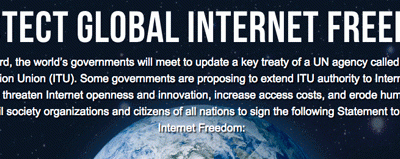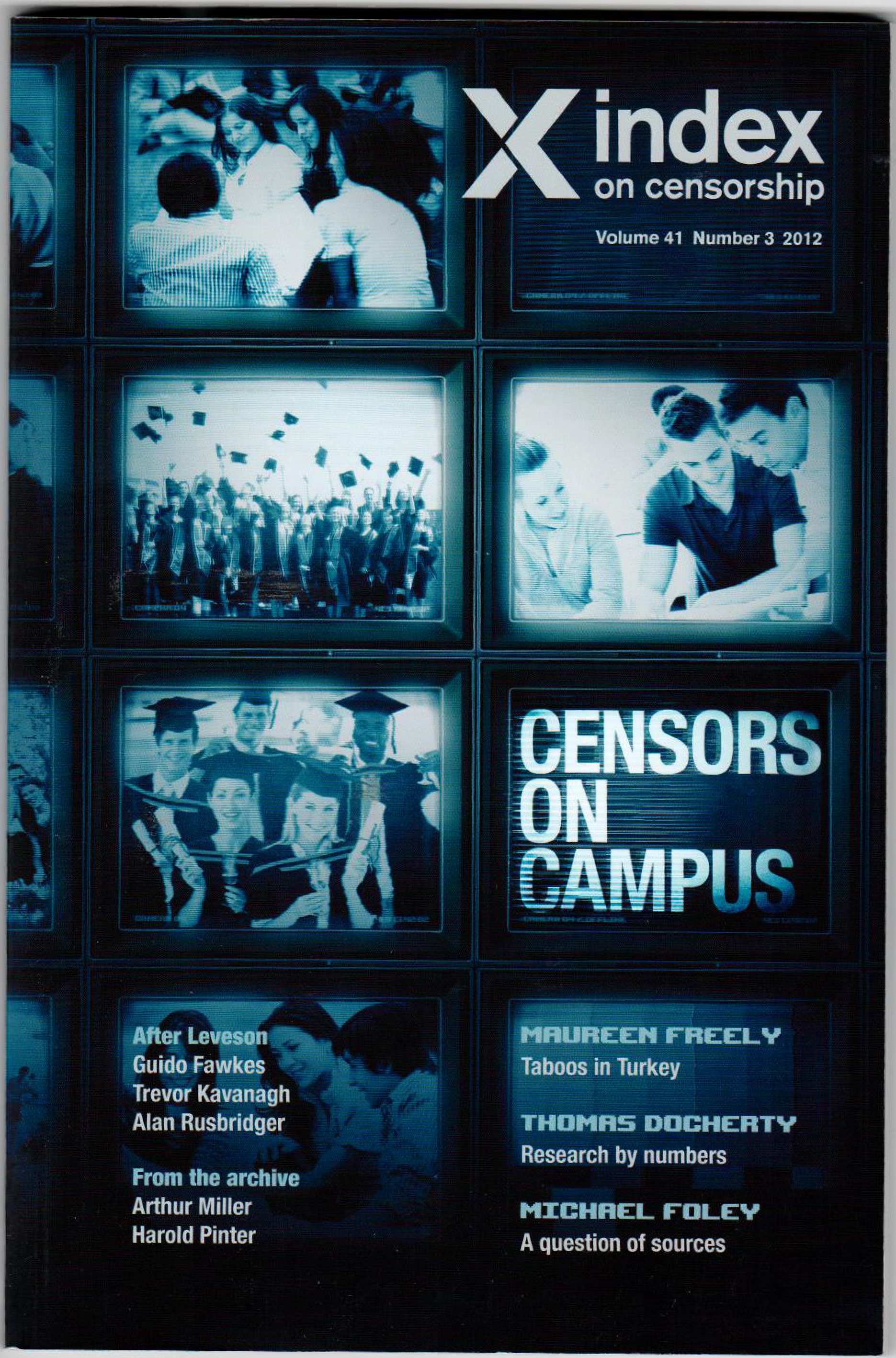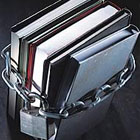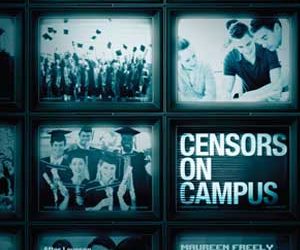WCIT 12: Milton Mueller asks if governments are turning their backs on the global internet? A push to change the business model that delivers online content could stifle innovation and make the net an instrument of sovereignty, stuck behind national walled gardens
CATEGORY: Magazine
Don’t feed the trolls
An anti-Muslim video, the Innocence of Muslims demonstrated how the politics of fear dominate the online environment. It’s time we took action, argue Rebecca MacKinnon and Ethan Zuckerman
The Leveson effect
What should the Inquiry do? As little as possible, suggests Trevor Kavanagh. The press does not need licences like dogs and gun owners Lord Justice...
The Leveson Inquiry: The danger of power
With power comes responsibility, warns Martin Moore of the Hacked Off campaign There is no shortage of quotes or aphorisms about the corrupting...
The Leveson Inquiry: Do we need a free press?
The UK has a press-controlled state rather than a state-controlled press. Phone hacking lawyer Mark Lewis reports on lessons from Leveson Time and...
The Leveson Inquiry: striking a balance to protect public interest
To improve the culture, practice and ethics of the press, we must protect and promote the best of journalism. Alan Rusbridger makes the case for a...
The Leveson Inquiry: Where will this all end?
Tougher legislation will lead to judges becoming censors, says political blogger Guido Fawkes So far Lord Justice Leveson has been angry with me,...
Censors on campus
Academic freedom is at risk. From the impact of the cuts in the UK to the dangers faced by scholars in Turkey, Iraq, Belarus and Thailand, Index reports on the threats.
The open access backlash
MAGAZINE: US legislation may force research journals to make publicly funded work freely available. But why has the proposal not been universally welcomed? Doug Rocks-Macqueen reports
The attack on knowledge
MAGAZINE Academic freedom is in danger. Thomas Docherty explains how cuts are damaging universities across the UK
Censors on Campus
Index on Censorship Magazine Volume 42 Number 3 2012 THOMAS DOCHERTY The attack on knowledge MAUREEN FREELY Challenging taboos in Turkey BART KNOLS...
The case for open access
MAGAZINE In many parts of the world, malaria continues to kill millions — yet experts are still denied access to vital research. Bart Knols reports
A quarterly journal set up in 1972, Index on Censorship magazine has published oppressed writers and refused to be silenced across hundreds of issues.
The brainchild of the poet Stephen Spender, and translator Michael Scammell, the magazine’s very first issue included a never-before-published poem, written while serving a sentence in a labour camp, by the Soviet dissident Aleksandr Solzhenitsyn, who went on to win a Nobel prize later that year.
The magazine continued to be a thorn in the side of Soviet censors, but its scope was far wider. From the beginning, Index declared its mission to stand up for free expression as a fundamental human right for people everywhere – it was particularly vocal in its coverage of the oppressive military regimes of southern Europe and Latin America but was also clear that freedom of expression was not only a problem in faraway dictatorships. The winter 1979 issue, for example, reported on a controversy in the United States in which the Public Broadcasting Service had heavily edited a documentary about racism in Britain and then gone to court attempting to prevent screenings of the original version. Learn more.














